|
by mh musings Yesilcam is back with Season 2, with the characters and scenarios evolved to fit with the five year jump in their lives and in the industry. Semih Ates is still the spitfire he always has been, the cat with nine lives who keeps getting into one escapade or another. He has Turgut by his side as an in-house writer for his production company, Buyuk Ates Film. Mine has been making a living away from Istanbul but gets called back by the state intelligentsia to fill her cover story as the manager for the night club Mona Lisa, now owned by Vebhi. Tulin, married to Semih, has left the world of acting to be mother to their son Mehmet Ali but navigates a growing distance with Semih due to a multitude of reasons. Hakan left his promiscuous days while turning his back on Mine and married Reha’s only daughter Sezen. This reshuffling of relationships has led to new power dynamics in Yesilcam. Semih, who is now independently successful, is a formidable rival for Reha. Without Vebhi’s support in the film business, Reha continues to look for growth opportunities to dominate Semih, who has taken over Reha’s theaters in a recent deal. With the introduction of Ekrem Hazinedaroglu, a pasha from the Ottoman times who has recently moved back to Turkey, we have a new fulcrum for power plays. He wishes to invest in building a studio in Yesilcam and provide a gateway into film distribution in Middle East, N. Africa and Europe. Reha has kept his dealings with him under wraps but Semih gets whiff of it and understands that the future of Yesilcam will hinge on such an infrastructure. He outmaneuvers Reha and becomes Ekrem’s business partner, at the cost of attaching himself to the intelligentsia once again. Against this backbone of how Yesilcam is revolving around Semih’s aspirations, Yesilcam continues to serve rich themes in the cultural history of the film industry, social shifts in the times, business machinations, and how the individual relationships get shaped against these moving tides. It is interesting that BluTV released five episodes at once because the way the narrative unfolds with flashbacks interspersed with current happenings, it was necessary to see this block of episodes together and build the anticipation for what lies ahead. The top notes that stood out to me from these episodes are discussed below. Same Song, Different Tune At its core, not much has changed in Yesilcam. Survival instincts define the strength and direction of alliances, and loyalty is fickle. In a competitive space where politics provides an ever growing guardrail for how the industry can grow, Yesilcam adapts to the times with the same entrepreneurial vigor. Within his rivalry with Reha, Semih’s insatiable need to thrive in this industry as an important player in the stories that are told is still there. He has people who care for him, he has healed his distance with his mother, and while the players have shuffled, there remains holes in his life he tries to fulfill in new ways. Tulin has grown distant from him over the years, with an irreversible resentment towards Semih rooted in her firm belief that he is unable to make her his top priority, especially over Mine. They share a son but it is evident that Semih is almost an accidental observer in Mehmet Ali’s upbringing. So much silence and lies fill their increasing distance that both lack the language to traverse the chasm. On advice from Belkis, Tulin attempts to become more of a part of Semih’s daily life by expressing an interest in taking on a movie project. Semih also embraces the opportunity and enables her to become a producer, ignoring the brewing office politics between Turgut and an aspiring writer, Yusuf. However, it maybe too little too late. The bond among Semih, Mine and Hakan remains impenetrable even though the three have scattered in different directions. To protect him, Semih and Mine hide a big secret from Hakan, which has directly affected the family life Semih is able to build. Being spurned by Tulin for so long, we see Semih indulging in some of the sweeping changes in the urban pop culture, brought to life by the hippie winds blowing through Istanbul. Drugs, promiscuous women, drunken orgies, dancing to the swinging 60s have become Semih’s outlets while his homelife remains stilted. Hakan has ingratiated himself with the Esmer family, making his marriage to Sezen the keystone for his life’s growth. The early vigor of his marriage has fallen prey to his subservience to Reha and Sezen’s slide back into her addictions. Oblivious to the effects his choices have had on Semih and Mine, he continues on his self-righteous path while he blames everybody but himself. Gazelle, the sultry lady with the footloose behavior, hides her true identity as Ekrem’s wife when she starts an affair with Semih. As always, the impulsive opportunist in Semih has painted himself into a corner when he discovers her connection with his new business partner and he realizes that the daring, nymphomaniac Gazelle has no intention of just letting him loose. The more dangerous the game, the more excited she is. How will this play out for Semih just as he is trying to find common ground with Tulin? On another front, Rifki has passed on and is now replaced by a similarly wily character called Naki. Semih, who has proved his patriotic flair throughout his escapades in Season 1, aligns himself with the state again through Naki. He promises the opportunity to shape the industry narrative through wider international exposure if the state will fund his partnership with Ekrem. And, unknowingly, both Semih and Mine’s survival are now tied to Naki, who has also recruited Mine to gather intelligence on an arms dealer called Niyazi Demiral. As the cauldron full of intrigue brews in Yesilcam, we are left to wonder if Semih will be able to find his way out of this mess and, if so, will he be able to build a happy ever after for himself? Will he be able to remember who he is and be true to himself and what he loves? Will Tulin remember all the reasons she had loved Semih and forgive his transgressions or will she continue to be influenced by her mother’s indignation and lies? Will Semih find his comfort with Mine who understands him with all his flaws or will being there for his son mean something to him? These, and many more loose threads, await resolution in upcoming episodes. Shifts In Political Winds Almost every nation goes through iterations in their political systems and values. Turkey has been particularly interesting because of her Islamic roots through the long reigning Ottoman empire and the shifts away from those ideologies through Kemalist policies fostered by the Republican People’s Party (CHP) after the country became a Republic in 1923. When the economy stagnated towards the end of the WWII, the one party rule became an untenable solution to meeting the people’s problems and Turkey entered its multi-party period in the 1950s, when the Democrat Party gathered the rural electorate and won the elections against the CHP after it had ruled for 27 years. The reality is that no one party can remain ideologically rigid and meet the people’s needs as they shift with changing times. Much depends on how different stakeholders are appeased and the strategies employed by the governing body in controlling or empowering the populace. The DP ran into trouble within a decade, which led to the 1960 coup d'etat. In my reviews for Season 1, I have talked about the political background of the 50s – 60s as it led into the 1964 elections, and how the Democrat Party reinvented itself as the Justice Party and still won the majority votes. In the 5 ensuing years, the economy continued to struggle, leading to greater political divides between the left and the right, as well as a mounting anti-American sentiment. Bloody Sunday of February 16, 1969, is a violent reminder of rising intolerance between the left and the right. There were further splintering in political ideologies and instead of 4 political parties and independents in 1964, there were 8 parties and independents contending the 1969 elections. This increasing fragmentation is indicative of the upcoming chaos and a precursor to how the multi-party system would fall prey to another coup in 1971. This period in the 70s is outside the scope of this show but I love the clever story details Mr. Cantek and Mr. Sumbul inserted to give the attentive viewer the intuition for the driving forces behind the contemporary social changes of the late 60s. In this predicament, we begin to see further changes in how the Ottoman elites begin to seep back into society. A group that was considered the piranha at the end of WWI, had now added layers of genteel veneers of having connections with the English and using those covers to move back to Turkey. Changing economic needs create very short memories and people will clutch at any straw that will provide them a way out. Neither Reha nor Semih had pangs of conscience doing business with an Ottoman elite because he had the funds and the vision to move the industry forward. Since their exile in 1924, male members of the Ottoman family were only allowed back after 1973. As such, the return of Ekrem Hazinedaroglu (a pasha during the Ottoman era) seems surreptitious and perhaps a fictional ploy to show how some started to exert influence earlier. He is also shown as an example of contradictions that exist in the Ottoman way of life, which is supposed to be a center for Islamic principles. As an example, Ekrem is still tied to anti-Jewish sentiments, which is a centuries old sub-thread in the Middle Eastern narrative between Muslims and the Jews, and yet his elitist behaviors transcend other Islamic teachings or political ideologies rooted in Islam. His scantily clad, adulterous wife roams as a symbol of every vice that has blown in from the West, and he seems to be either an oblivious spouse or an enabler of her idiosyncrasies. The Hippie Culture From the 1950s to the 1970s, a Western wanderlust initiating in the United States and Europe gave rise to a group of counter-cultural pilgrims making their way through an alternative Silk Road in search of spiritual enlightenment, accentuated with drugs. The Hippie Trail, as it came to be known, wound through Turkey, Iran, Afghanistan, Pakistan, India and Nepal. We see hints of this in Season 2, with how Gazel runs the parties at her Guzel Ev (Beautiful House) and how Erol has reimagined his pub in Yesilcam to be a hangout for these transient visitors. Through Semih’s world, we see artistes indulging in coke, marijuana, and other psychedelics, as they pursue whatever they deem to be happiness or practice carpe diem. There is a growing moral fluidity that is in step with the political fluidity of the times. Almost as though without a single, consistent source of voice setting the tone for social morality, much was left up to the imagination as it morphed with borrowed sub-cultures from the West or as it conflicted with the social mores of the Anatolian heartlands. At Gazelle’s house, we hear the crooning of what Zeki calls Anatolian Pop and he says ‘they turned Mahsuni’s folks song into rock and roll’. Asik Mahsuni Serif is a famous Turkish folk musician. The guests at Gazelle’s house are also all dressed in very hippie fashions, many of them stoned and in search of a transcended experience. At a later time, we see a similar scene in Erol’s pub, where he has a jukebox, his earlier sharp attire transformed into a patterned skullcap wearing hipster who offers refuge to these artistes and individuals searching for enlightenment. The hippie winds brought changes to the urban social structures, and with that came changes for Yesilcam. All of these are so intelligently captured against the backdrop of Semih’s story as he continues to weave in and out of trouble and new adventures. As I have said before, Yesilcam provides an incredibly rich narrative of the industry and the times in which this story is set. Without providing spoilers for the plot details, which I encourage you to watch mindfully, I am continuously taken by the depth and intelligence the filmmakers and writers have gone into the creation of the series and its characters. Whether the morality is congruent with the kinds of hero figures we seek or not, what I like is the honesty in how the characters have evolved. Female characters such as Mine and Belkis are shown to have so much agency as they attempt to survive in a male dominated world. Tulin is also shown to have an inner strength as she tries to put her stake in the ground. The male characters are shown across a spectrum, with each one espousing different aspects of ideological stances. And then we have Semih, who is a flawed and broken person but who serves as the prism that helps us see the various moving pieces in an industry and its people as they grappled with changes within and outside of their control. Cagatay Ulusoy is nothing short of spectacular as the ever morphing Semih Ates. There is a clip pace to his movements this season as he has gone from the constant failure to someone who has won some of the chips he bid for. He has a cockiness about him that fits this stage of his life, and yet some despair as well for the things he could not make whole. To portray the nuanced expressions that are often not elaborated through pointed dialogue requires finesse and Cagatay does this flawlessly. This short clip shows him backtracking on something he had said to Gazelle earlier, while his head is still spinning from the after-effects of LSD. He could have easily overdone this but his entire countenance is believable, with a touch of comedy. This is precisely what his role requires to keep the viewer engaged in his character even though he makes so many awful choices as well. He is not the perfect hero but he comes across as one the viewer can root for. Once again, I express my gratitude to the writers, the director, the entire cast and crew, for bringing such a smart production to life. I am intrigued about what lies ahead in Semih’s journey and can only hope that as the details of the broader social/ political context fit together and move in various ways, he doesn’t give up on building a life of meaning, telling stories that stand the tests of time. Article (c) CUNA & @entrespire/ twitter
Please follow CUNA at: www.facebook.com/cagataynorthamerica www.instragram.com/cagataynorthamerica www.twitter.com/cagataynorth This is the only page officially affiliated with North America TEN All video clips and photos belong to their respective owners. No copyright infringement is intended. Please ask for permission before reprints. #Yesilcam #CagatayUlusoy #LeventCantek #BluTV #BoraAkkas #VolkanSumbul #CaganIrmak #SemihAtes #MineCansu #TulinSaygi #AfraSaracoglu #SelinSekerci #EpisodeReview #TurkishDrama #Season2 #JusticeParty #BloodySundayIstanbul
3 Comments
Gabriela Dimitriu
11/2/2021 12:44:55 pm
Congratulations for this amazing review ! Thank you very much!
Reply
Nel Tores
11/2/2021 08:21:51 pm
Catagay Ulsoy is one of Turkey’s best actors of his generation. Although he has been very successful outside of Turkey he continues to revolutionize the television and filmography industry.
Reply
Lucia Fratric
11/17/2021 08:54:38 pm
Excelente análisis! Muchas gracias!!!
Reply
Leave a Reply. |
Archives
February 2022
Categories
All
|
CAGATAY ULUSOY NORTH AMERICA
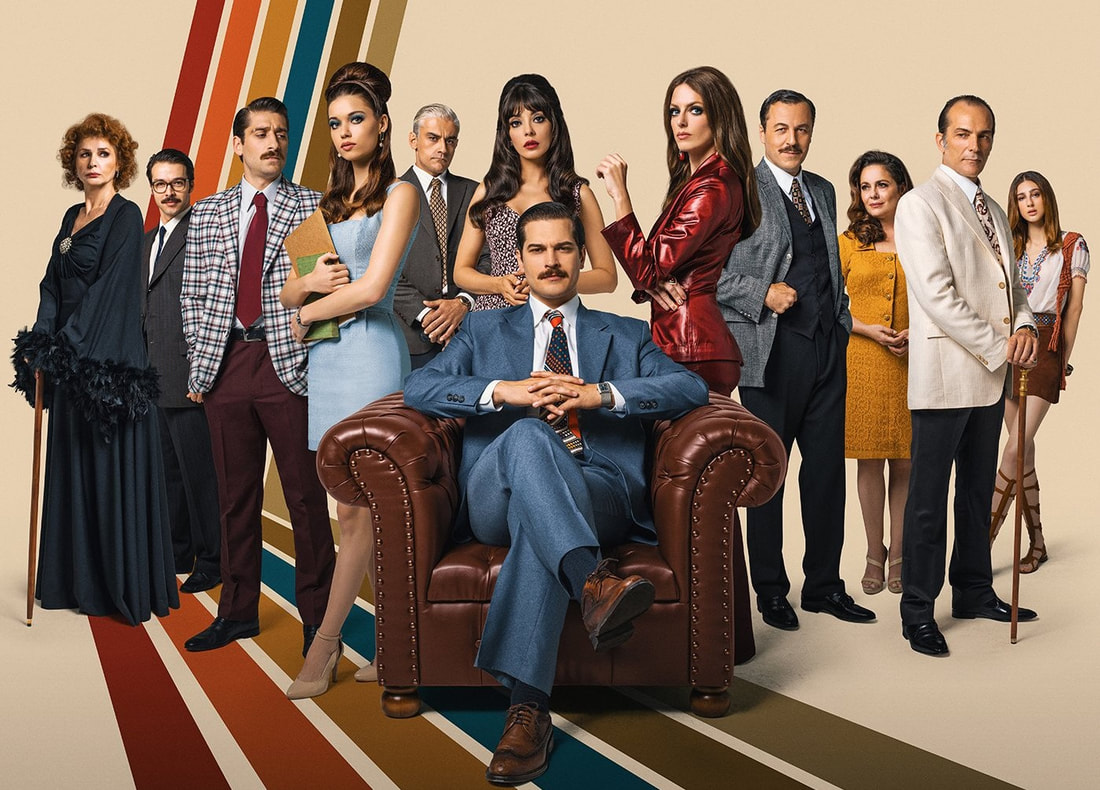
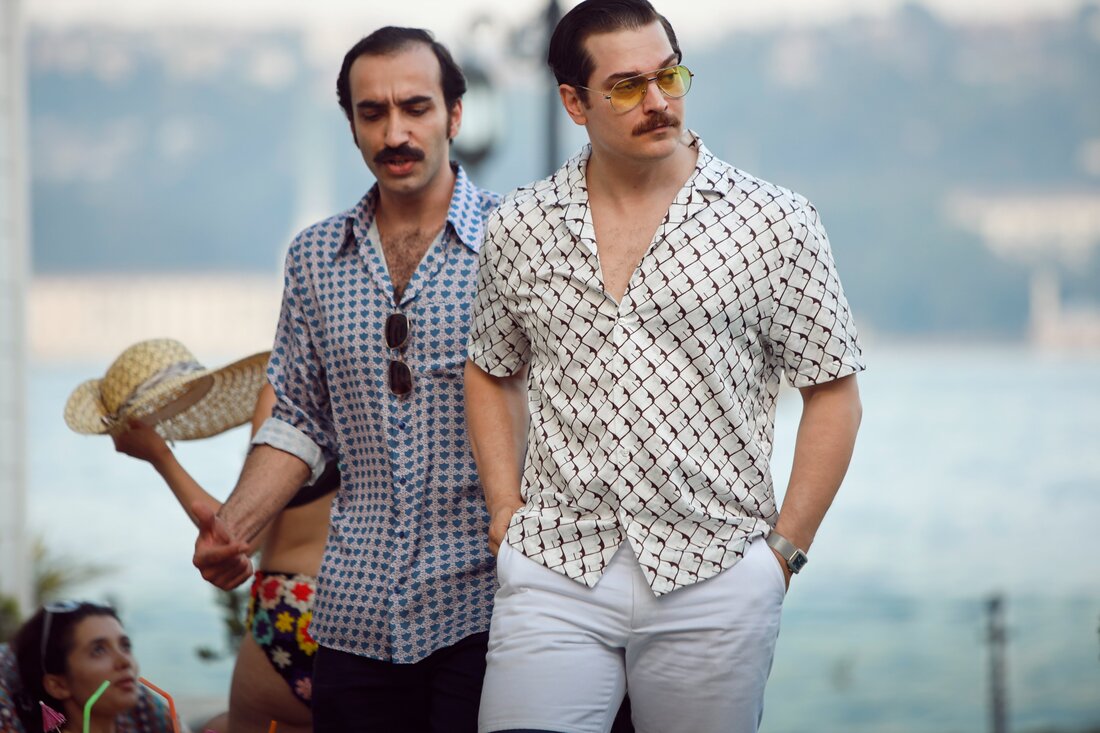
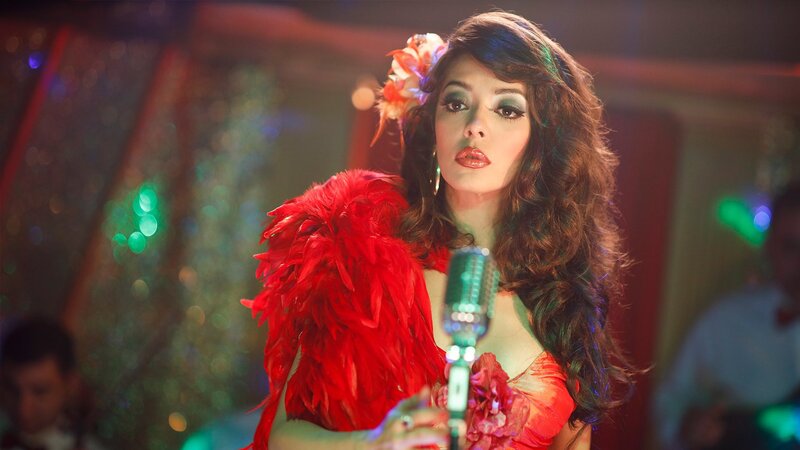
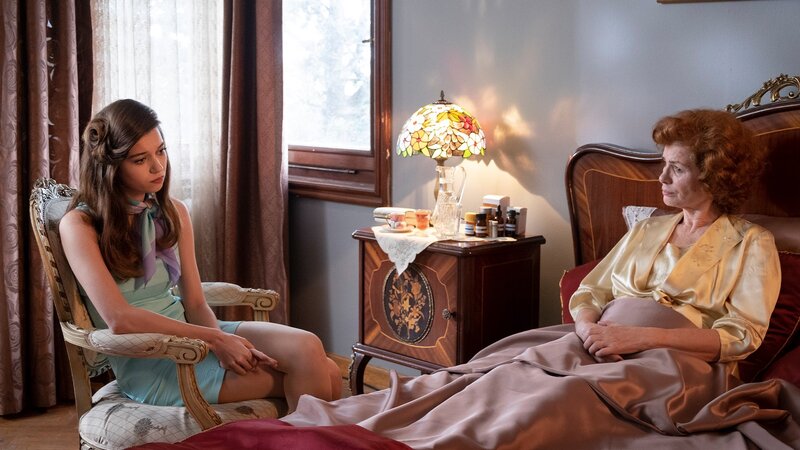
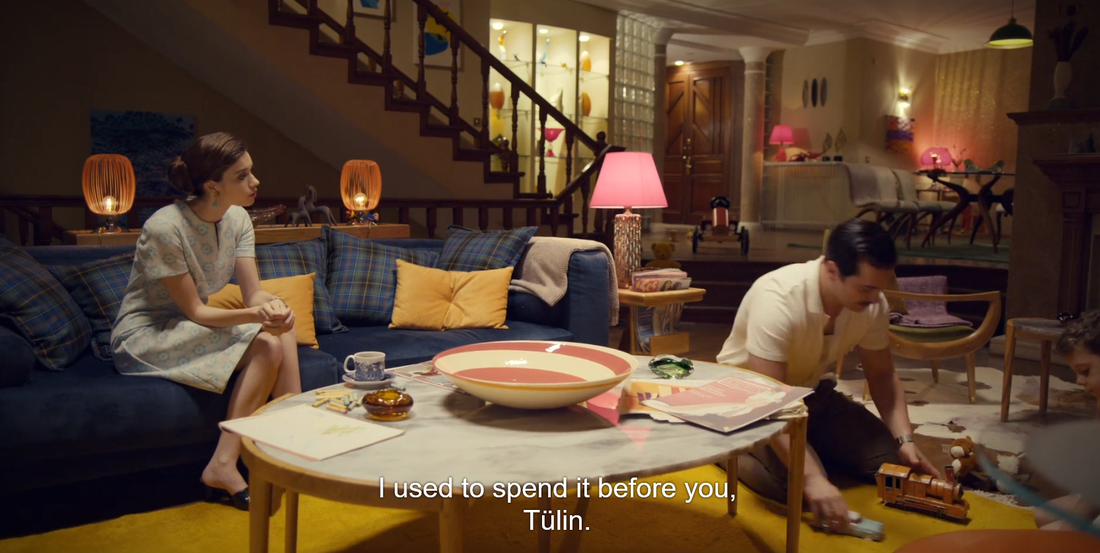
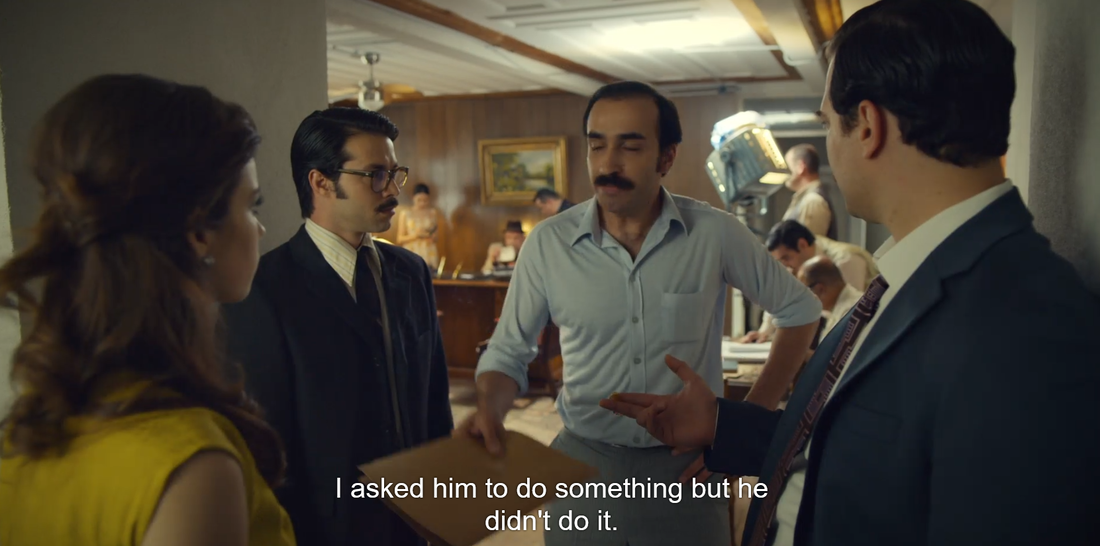
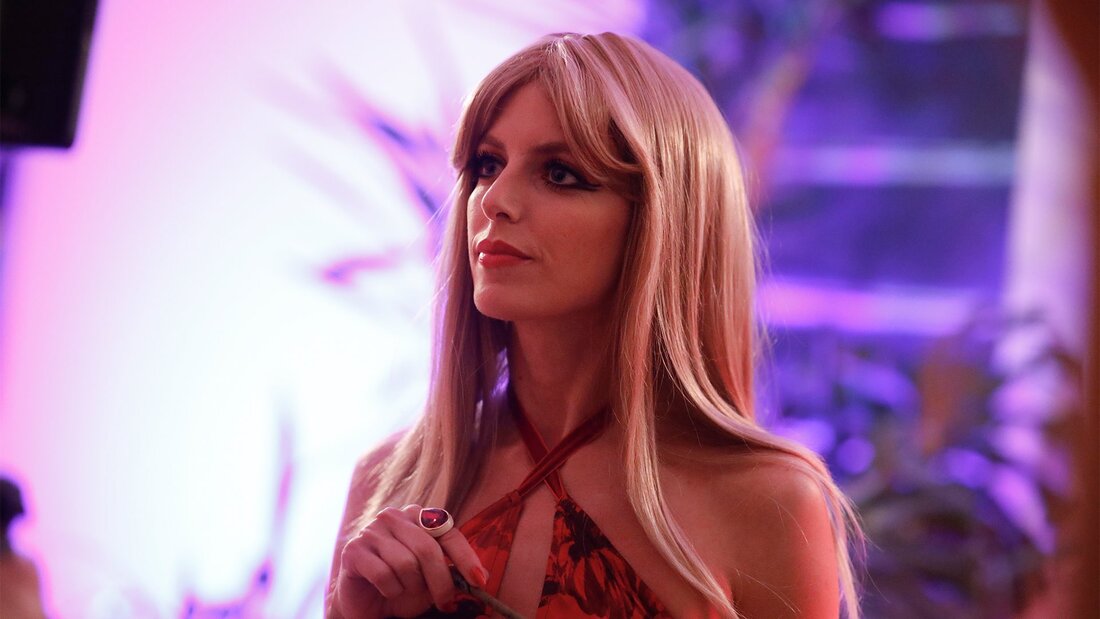
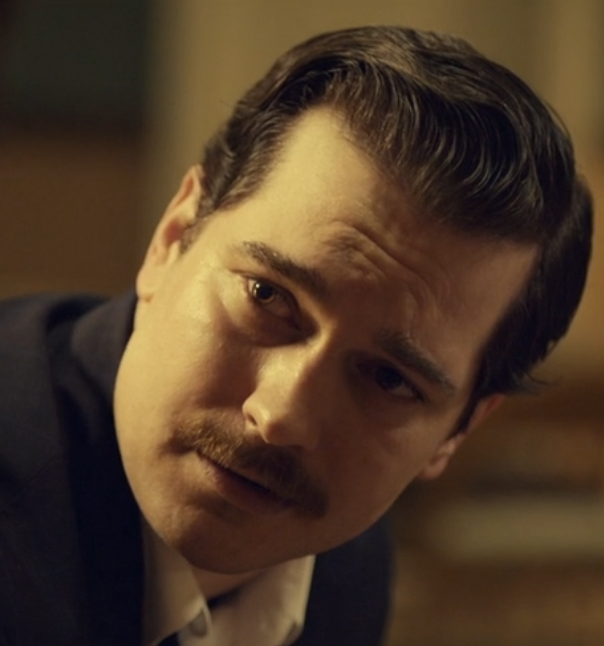

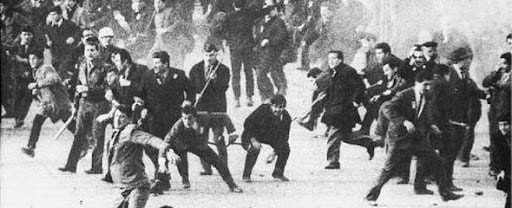
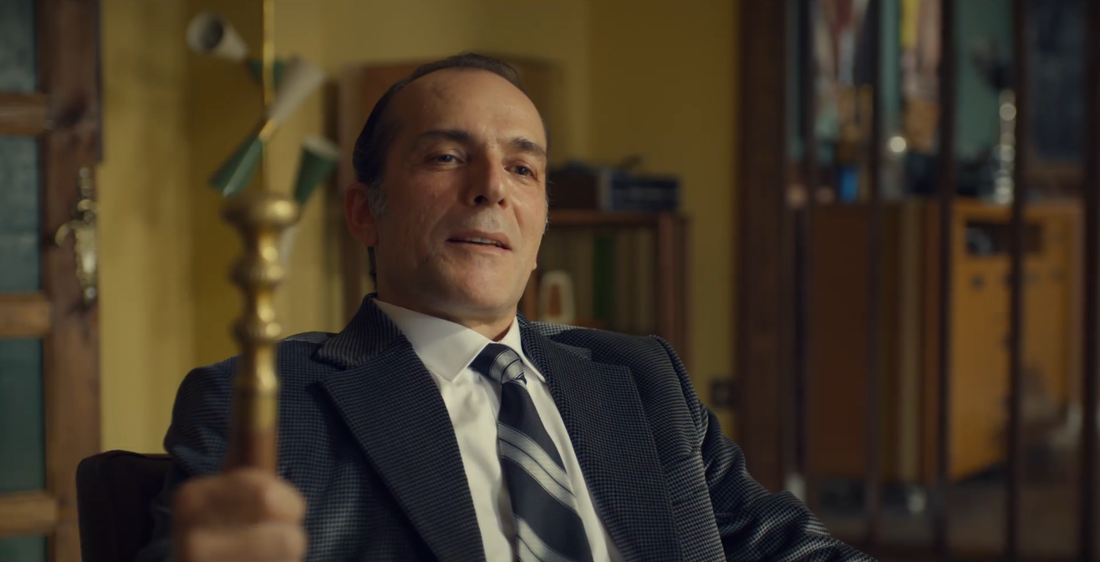
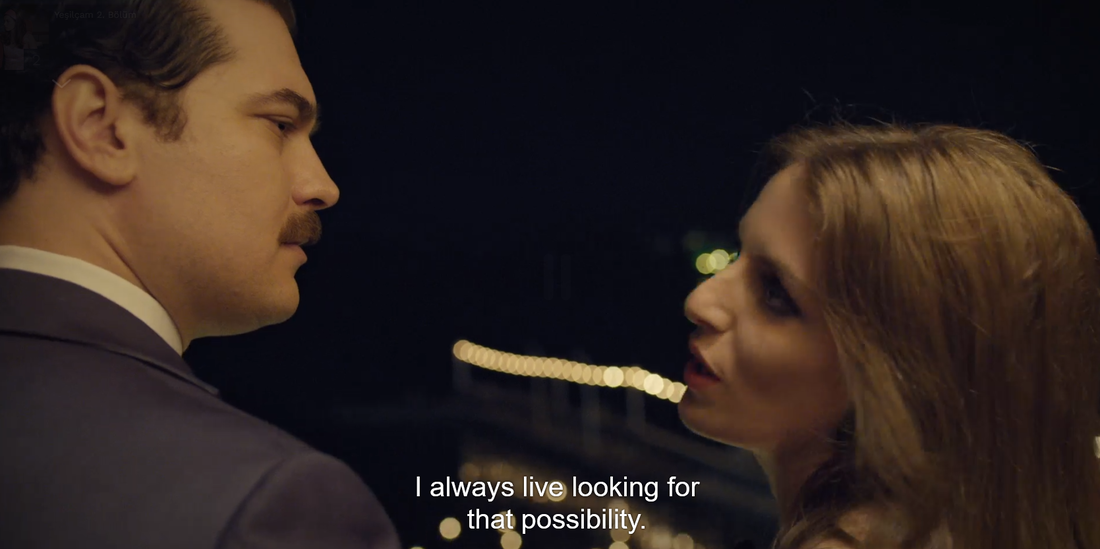
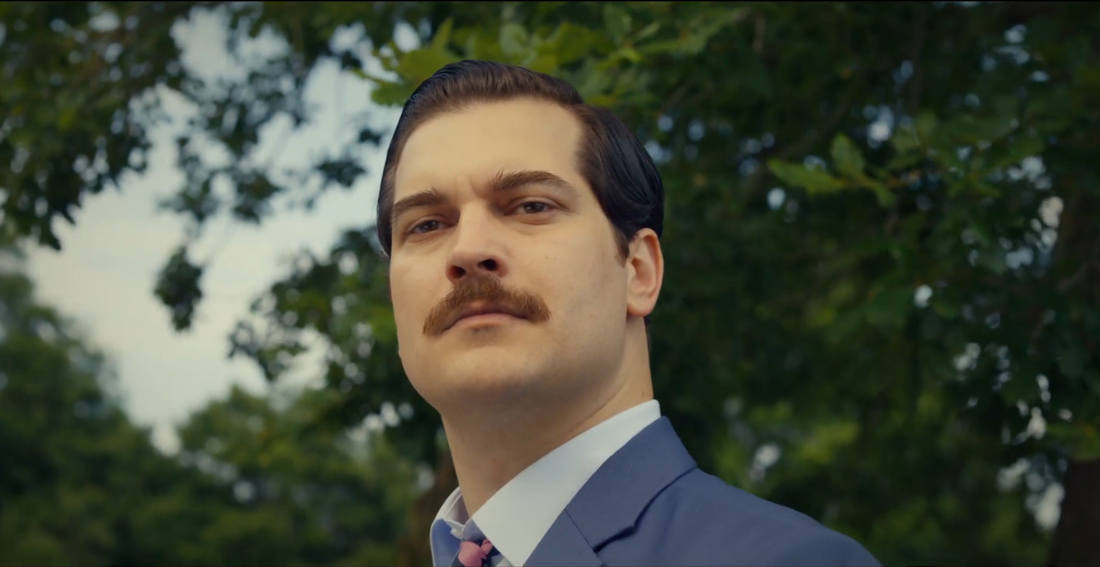
 RSS Feed
RSS Feed
